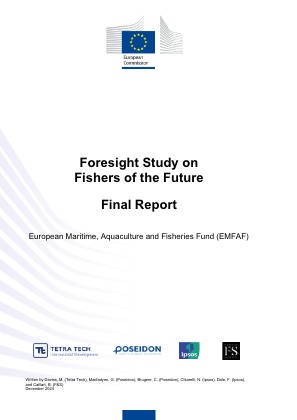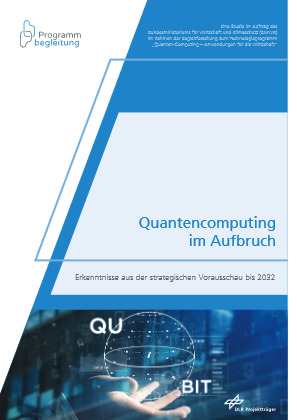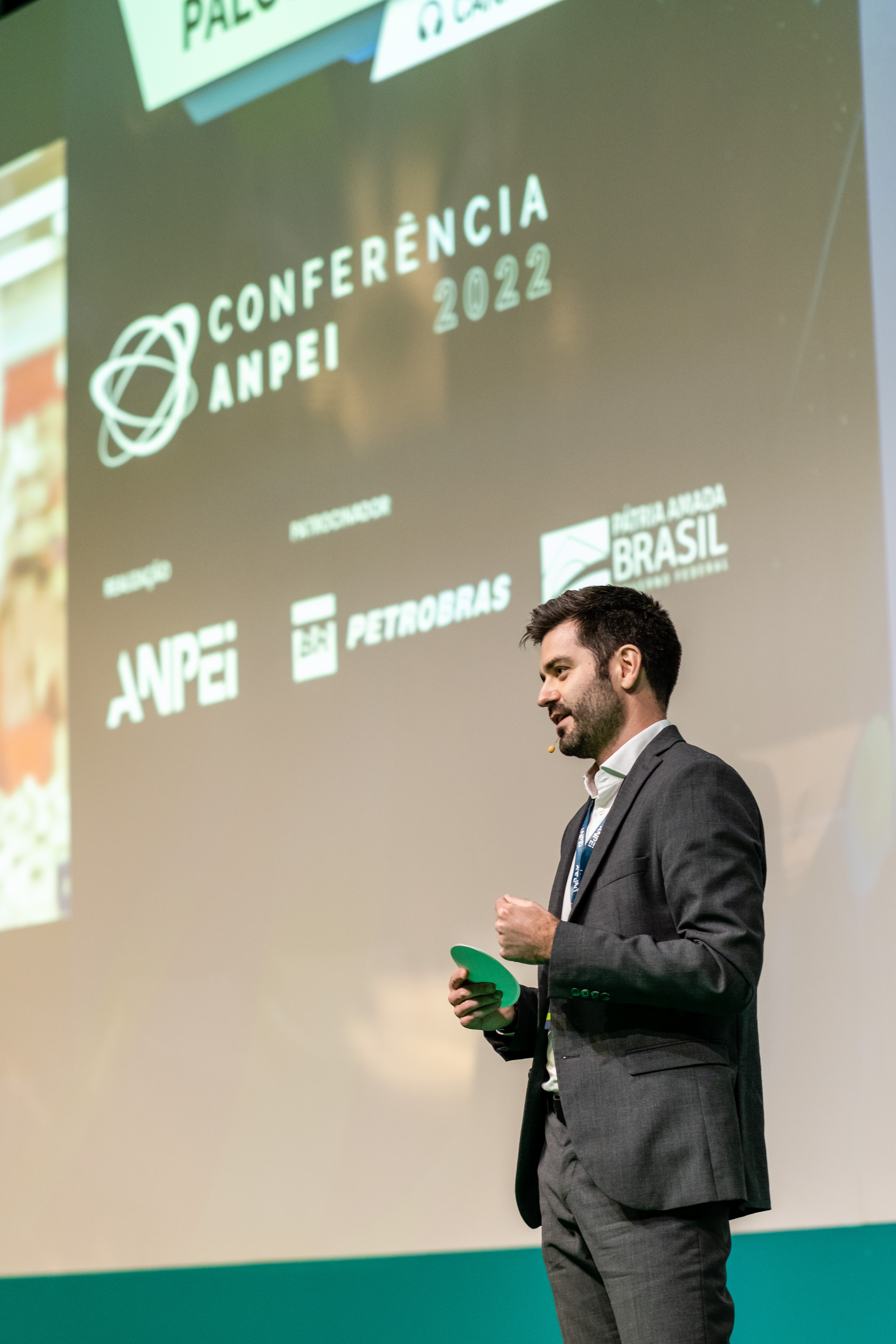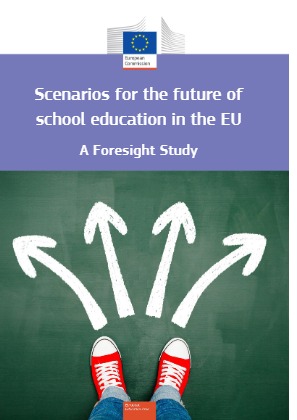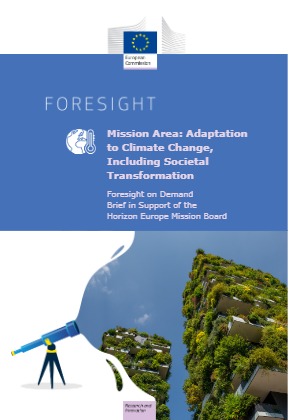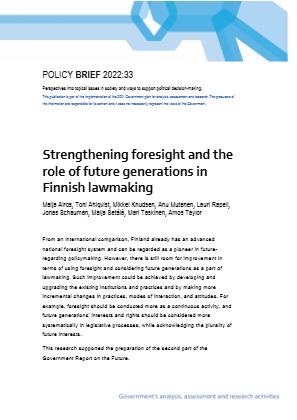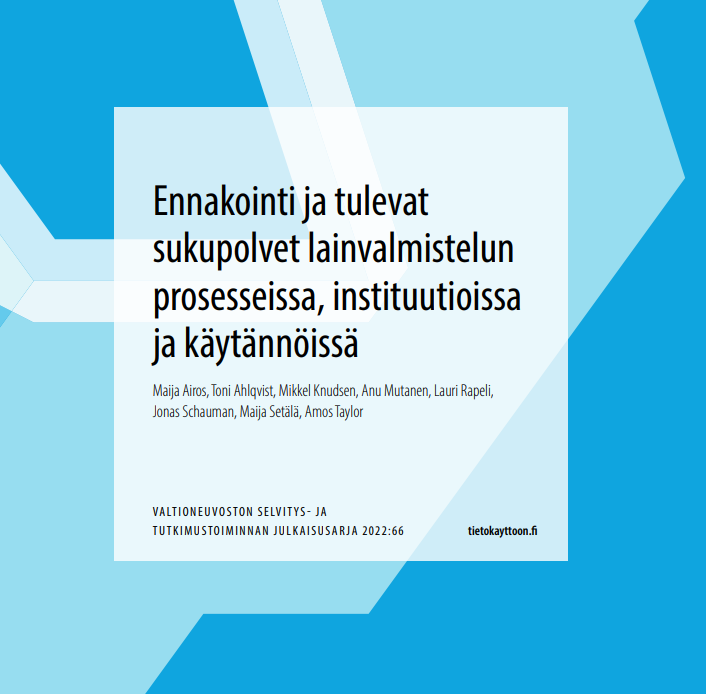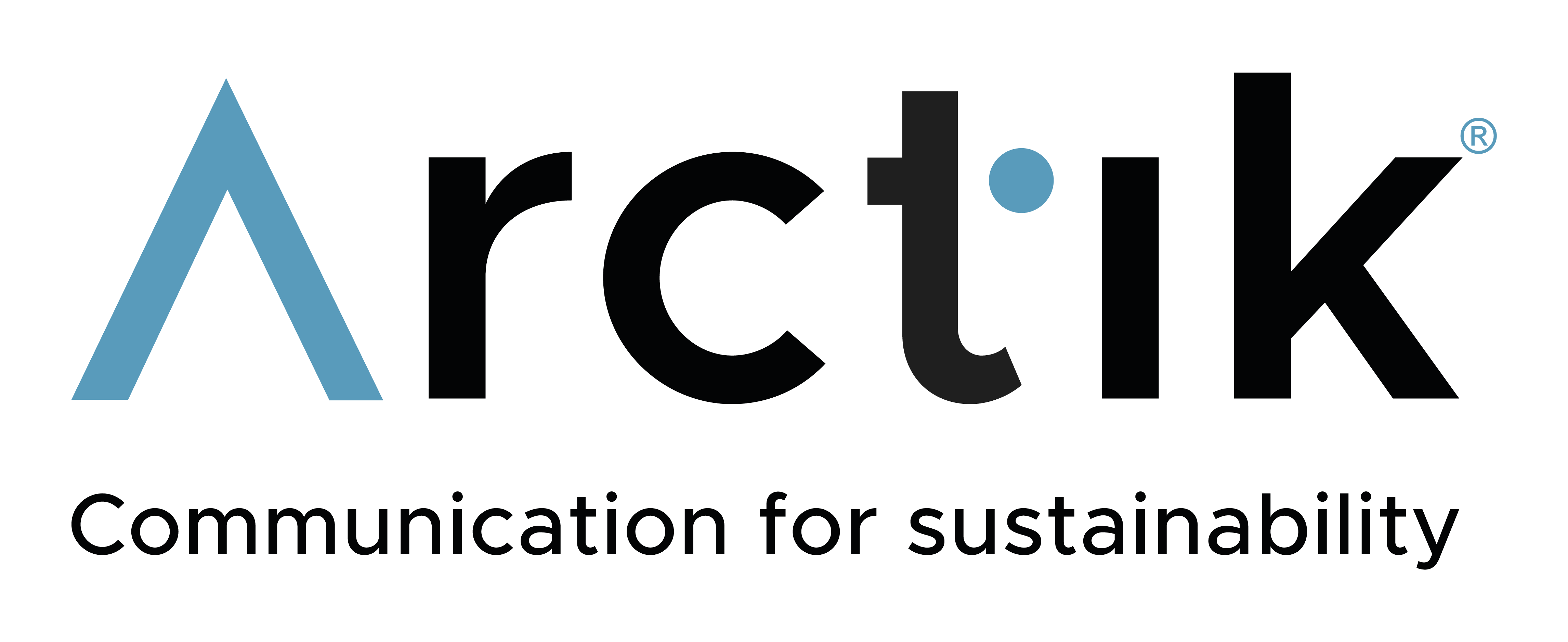Context of the study
The European Framework Programme (FP) for Research and Innovation is pivotal in addressing the goals of the European Union, by providing essential funding to drive forward the EU’s research and innovation agenda, aligning with the broader policy objectives of sustainability and climate neutrality. The discussion concerning the development of FP10 revolve around the need to either incrementally refine its existing structure, or to fundamentally transform the framework programme structure in order to make a more impactful FP. Advocates for a major overhaul argue for comprehensive changes to address new global challenges, a declining competitiveness, and the need to align with Europe's strategic goals. On the other hand, proponents of gradual improvement suggest building upon the current system, emphasising continuity and simplification to enhance effectiveness without causing significant disruption. The goal of this study is to develop and assess high-level designs for the EU’s next FP (Hypothetical Programme Structures, HPS), considering the identified geo-political, societal, and economic challenges as well as expected impacts of major technological developments.
Study approach
The study undertakes a forward-looking analysis, based on alternative scenarios for Europe and its R&I landscape and exploring the structural adaptations that may be required to ensure the programme remains responsive, effective, and aligned with the EU’s strategic priorities. The figure below provides an overview of the key components of the foresight process.
A key component of the methodology is the series of three foresight workshops with more than 35 stakeholders representing EU R&I stakeholders (university networks, RTOs, private sector companies, NCPs, policymakers, civil society representatives etc.). During the workshops, the participants discussed the main challenges of the FP and identified solutions. Moreover, they made use of the future scenarios developed by the study team, to reflect upon potential implications societal, economic, and environmental trends these scenarios might have on the focus and structure of FP10. Based on this input and an analysis of relevant reports (e.g. FP evaluations and studies, high level reports from Draghi, Letta, Heitor and Niinistö, stakeholder position papers, case studies on selected national R&I programmes) pros and cons of both the evolutionary and disruptive approaches in selected scenarios and their impact on the EU’s R&I landscape and FP structure were formulated.
The study presents a set of hypothetical programme structures (HPS) that meet the different scenario settings. Each HPS “tells a different story” about the objectives and means of intervening in the EU R&I landscape. In the context of this study, we understand the HPS as a narrative description as comprising two main elements:
- The overarching objectives of the programme – defining its fundamental purpose and strategic intent.
- The main components of the programme – outlining the broad pillars or themes that guide research investments.
Based on the workshop discussions, available policy reports and examples of different programme structures at national level, a range of policy options were developed. Policy options include suggestions spanning from the management of the FP to prioritisation and thematical focus, instrument design, improved coordination within the FP, or governance mechanisms to ensure that the FP remains effective under different conditions.
